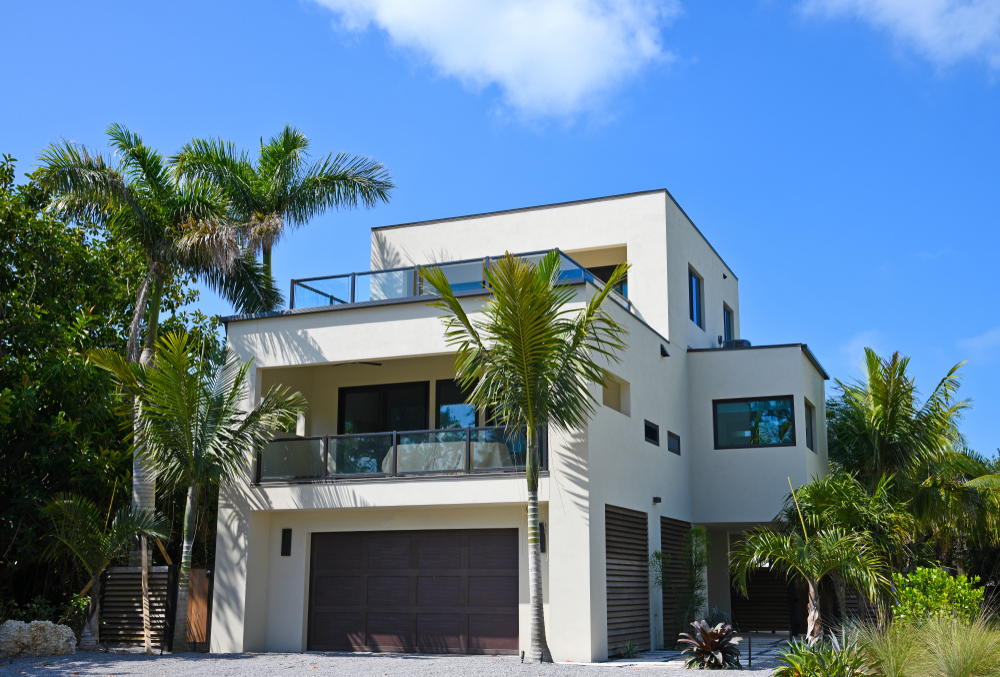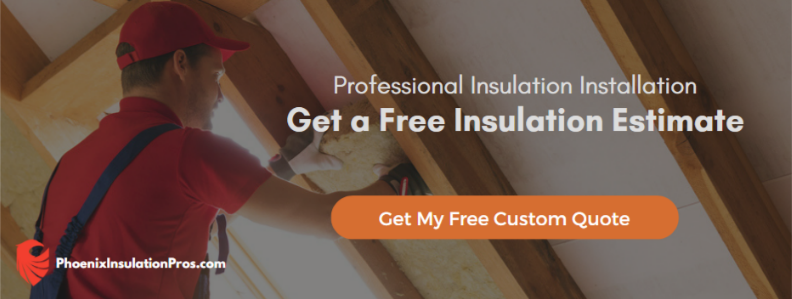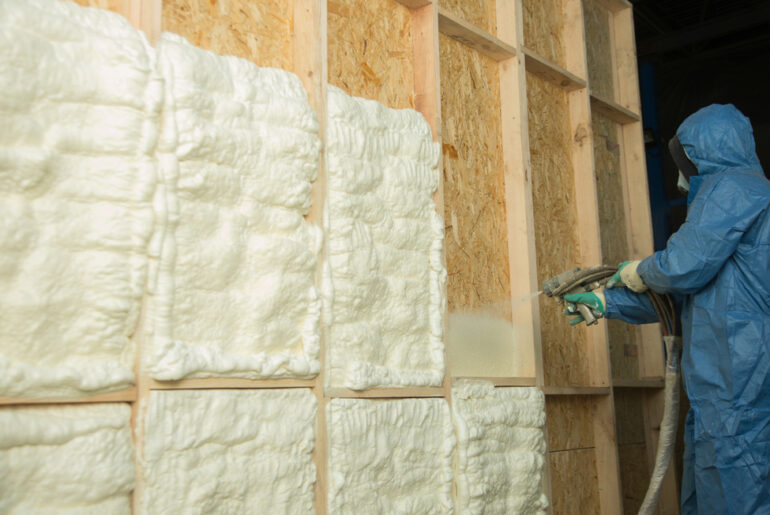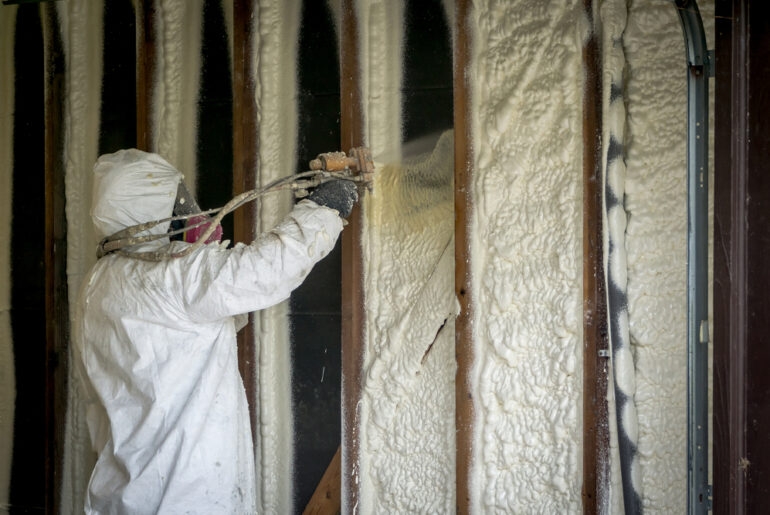Planning to redo insulation in your Florida home? Or are you installing insulation for the first time in your new construction? Either way, you’ll want the best attic insulation for your home.
In Florida, where temperatures can vary significantly throughout the year, it’s important to have the right insulation in your attic. Here’s a guide to help you out.
What Makes Florida Climate Unique For Insulation?
Anyone who has lived in Florida knows that the climate can change drastically between seasons. Most counties in Florida are in the southern part of the Northern Hemisphere. The region is known for mild to wet winters and long, humid summers.
Due to the fluctuating climate, insulation in Florida homes must be able to withstand all seasons while keeping your home comfortable and energy efficient.
According to the Florida Building Code, there are two climate zones in the state. A climate zone is a geographical area with similar climatic conditions. Florida’s climate zones are 2 and 1.
Zone 1 includes the following counties:
- Broward
- Collier
- Hendry
- Lee
- Miami-Dade
- Monroe
- Palm Beach
All other counties in Florida are in Zone 2.
Insulation Requirements for Attics in Florida
All attics in Zone 1 should have an insulation material with an R-value of 30 at minimum, whereas the minimum attic insulation requirement for Zone 2 is R38.
In some cases, meeting these requirements may not be possible. For example, if your house has cathedral ceilings, you may need to choose an insulation material with a higher R-value.
Your Best Option for Attic Insulation in Florida Is
Spray foam insulation.
One of the main reasons spray foam insulation is so popular for attics is that it can fill up pretty much any space, regardless of the shape or size. That makes it ideal for irregularly shaped attics.
In Florida, where the summers can get pretty hot and humid, spray foam insulation is the perfect choice due to its temperature regulation capabilities. It also creates an airtight seal that prevents moisture from entering your home and causing mold or mildew growth.
In spray foam insulation, you further have two more options:
- Open-cell spray foam insulation
- Closed-cell spray foam insulation
Closed-cell spray foam insulation boasts an R-value of 6 to 7 per inch, which is sufficient to meet the R30 to R38 requirements for attics in Florida.
It is also moisture-impermeable, which means it won’t let any water seep into your home. The tropical storms in Florida bring along with them strong winds that can damage a home’s structure.
To learn more, read our guide on Open-cell Spray Foam vs Closed-cell Spray Foam For Attic Insulation.
Thankfully, closed-cell spray foam insulation strengthens your roof after it cures due to its high density. So, it can help protect your roof against wind damage.
Additionally, spray foam insulation also has sound-dampening properties. That can be a game-changer for those loud, stormy nights in Florida.
Your Second Best Option
That would be blown-in fiberglass insulation.
With an R-value of 2.5 to 3.9 per inch, blown-in fiberglass insulation is a good option for attics in Florida. Now, you might be thinking about how this differs from fiberglass batts.
Well, the material is the same. The only difference is in the installation method.
We recommend blown-in insulation because it can reach the nooks and crannies in your attic. Achieving that effect with rolls and batts can be tricky.
When should you choose fiberglass over spray foam insulation?
Ideally, spray foam is better. But if you’re on a budget and looking for an economical option, then fiberglass insulation is the way to go.
A Bonus Third Option
Blown-in cellulose insulation isn’t as efficient as spray foam, but if you plan to DIY the project, then it’s a viable alternative.
The hardware stores in your area might even let you take their insulation blower on rent or free of cost if you buy the cellulose from them.
Cellulose has an R-value of 3.5 per inch. That’s pretty good if you ask us.
Do you have any more queries about insulation requirements in Florida? Check out our detailed article on the subject.




